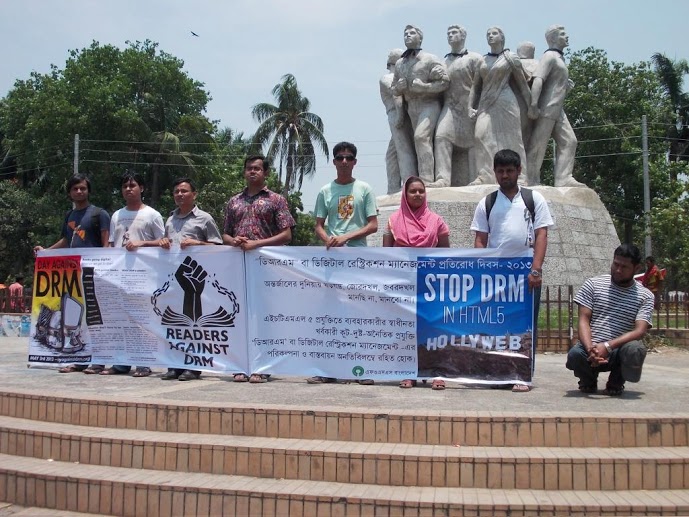UPDATE: Tell the U.S. Copyright Office that the DMCA anti-circumvention provisions are Defective By Design by March 2nd, 2016
Co-sign the Free Software Foundation's (FSF) comment to the U.S. Copyright Office regarding DMCA anti-circumvention provisions by noon EST (5pm UTC) on March 2nd, 2016

